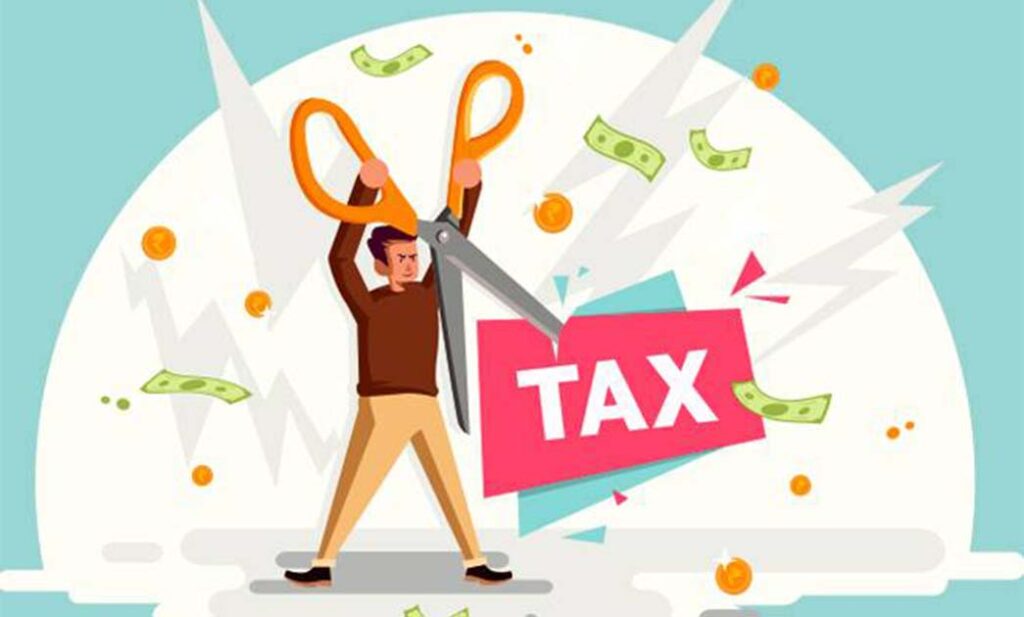It was music to all our ears when the finance minister announced the most awaited part of the budget. “No Income Tax for Earnings up to 7 lakhs”, she said, and all the middle-class audience across India, sitting with their eyeballs intensely focused towards the television screen, heaved a sigh of relief.
So if the new tax regime gives us an exemption up to 7 lakhs, we shouldn’t bother considering the old tax regime where the government involuntarily takes up a chunk of everything we earn above 3 lakhs. It is pretty clear, or, Is it really? Well, there is a little catch here. Let’s find out.
Choosing the right tax regime
Both the new and the old tax regimes come with their own benefits and drawbacks. And choosing the right tax regime is not a one-size-fits-all strategy. Even the government understands that, and is giving us the liberty to choose whichever regime hurts our pockets less. Before heading on to picking the right tax regime, refer this article to have a better understanding of both tax regimes.
First things first, if your income does not exceed Rs 7 lakh, then you should unquestionably go for the new tax regime.
Now let’s talk about salaried individuals with an income of more than 7 lakhs.
Under the old tax regime, the government allows you to enjoy benefits of 70 deductions like LTA(Leave Travel Allowance), HRA(House Rent Allowance), and investments U/S 80C. Hence, if you wish to make the above-mentioned deductions and claims, the old tax regime can be a suitable option. Moreover, if you save a large amount of money for future goals like marriage, education, travel or retirement, the schemes and deductions under the old tax regime can help you with your tax planning.
However, if you spend more than you save and have lesser investments to make, the new tax regime can be a more suitable option. The new regime will allow you to invest money without any rules or restrictions that govern your investment pattern.
Before submitting your taxes, it is always important to conduct a comparative analysis of both regimes to get an idea of a more fruitful choice.
